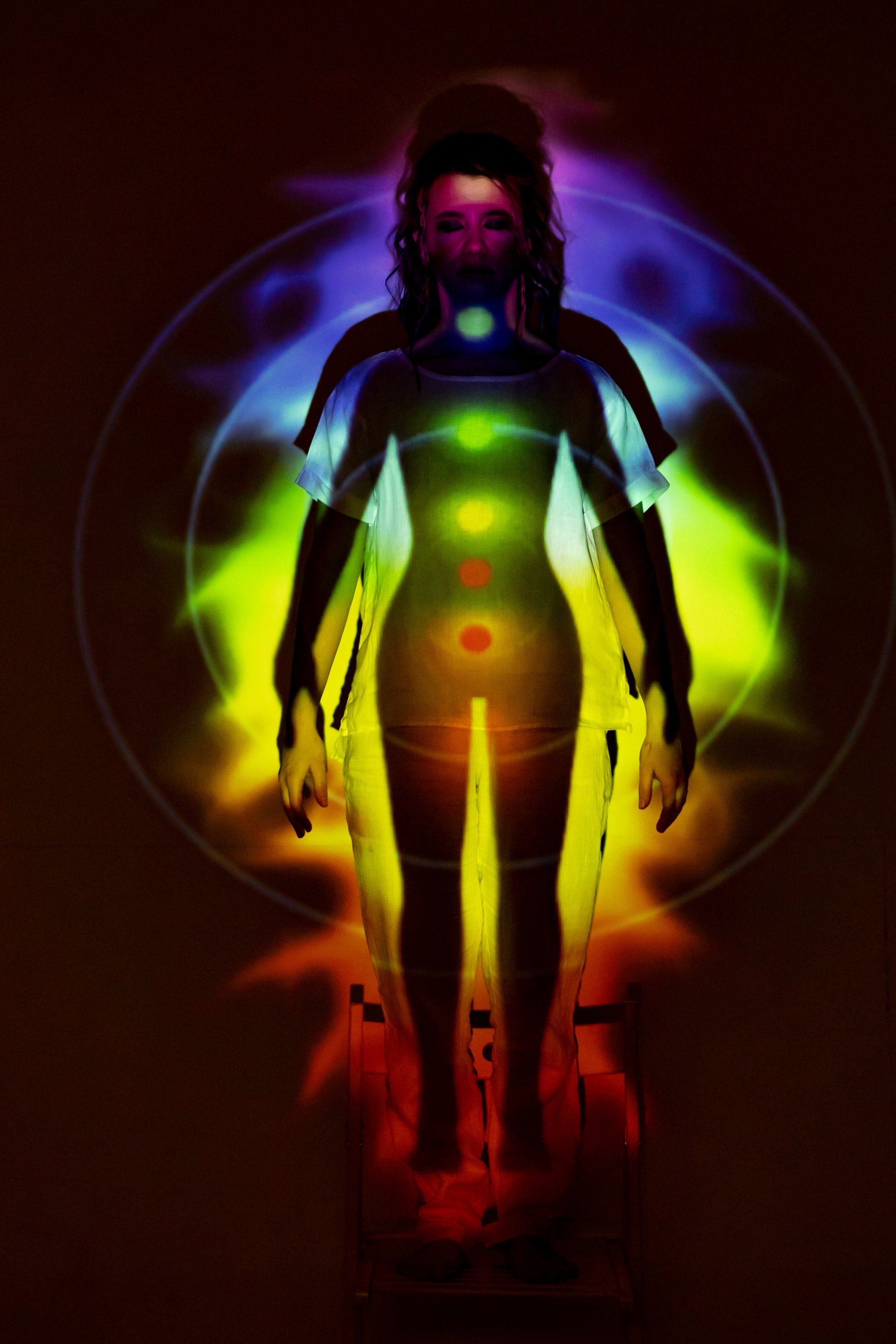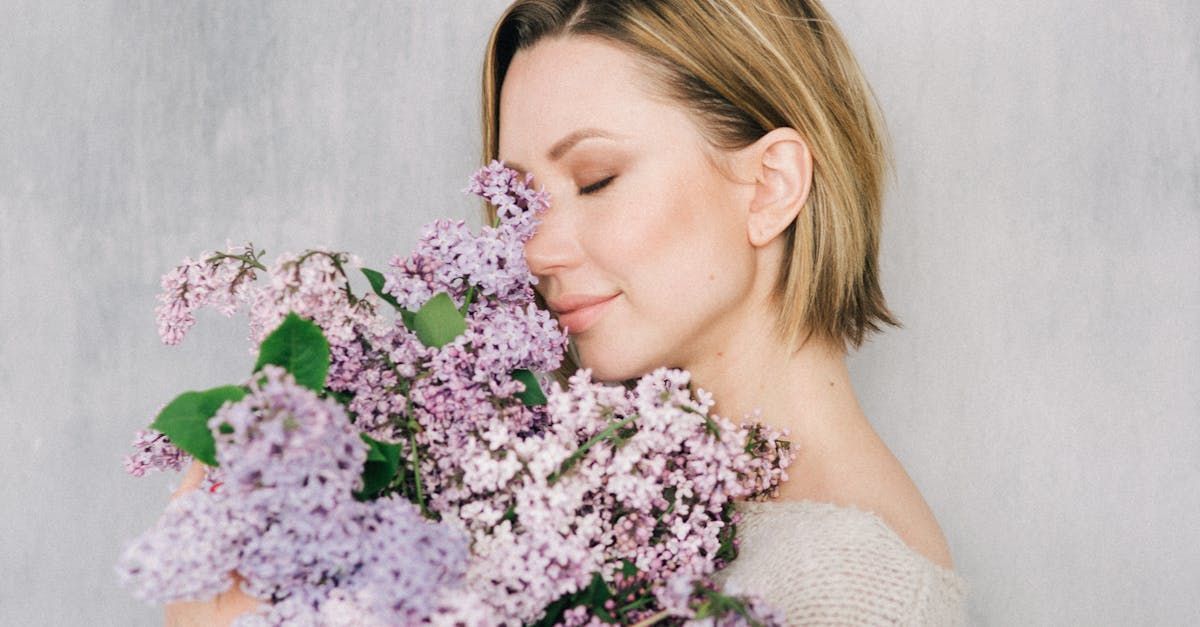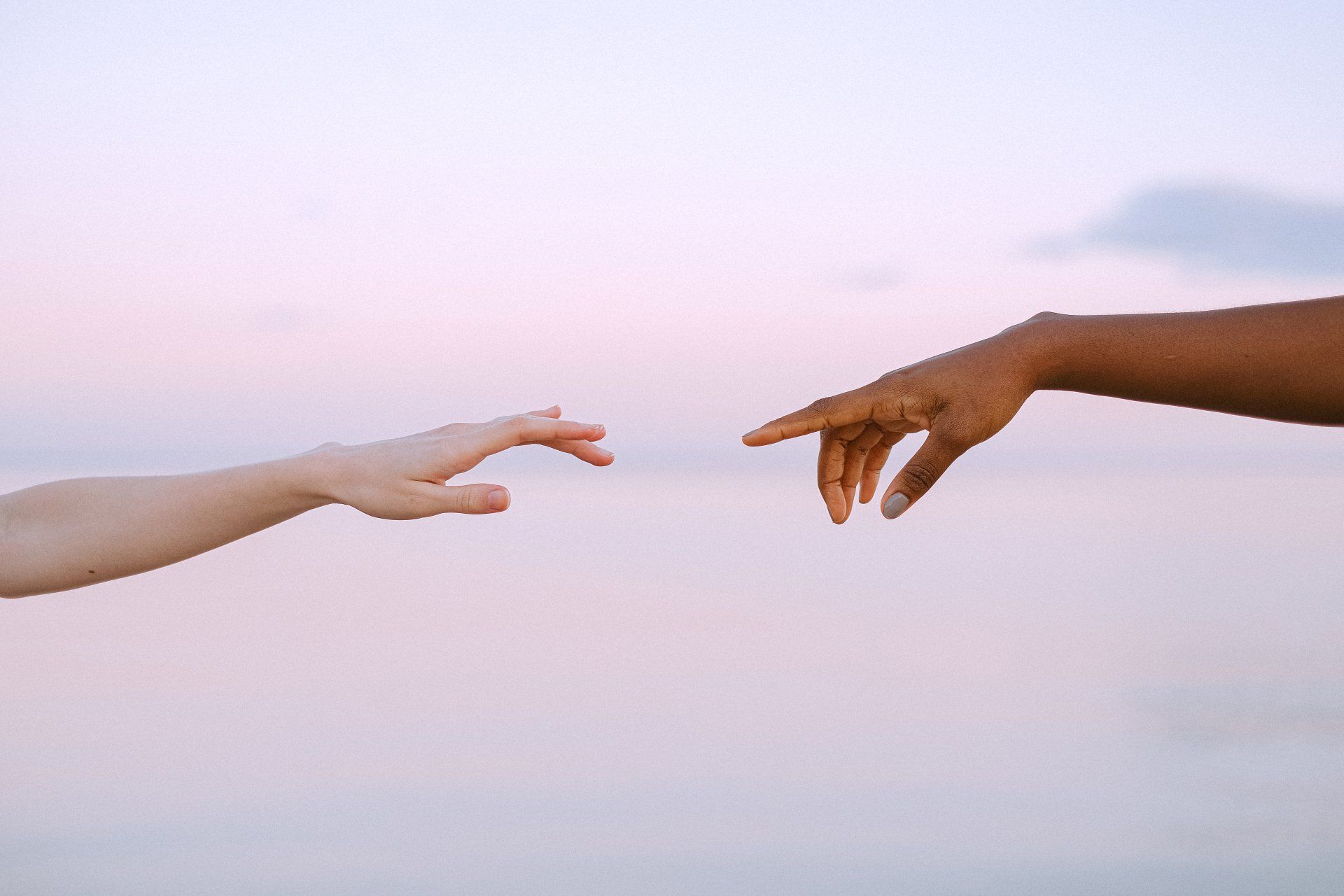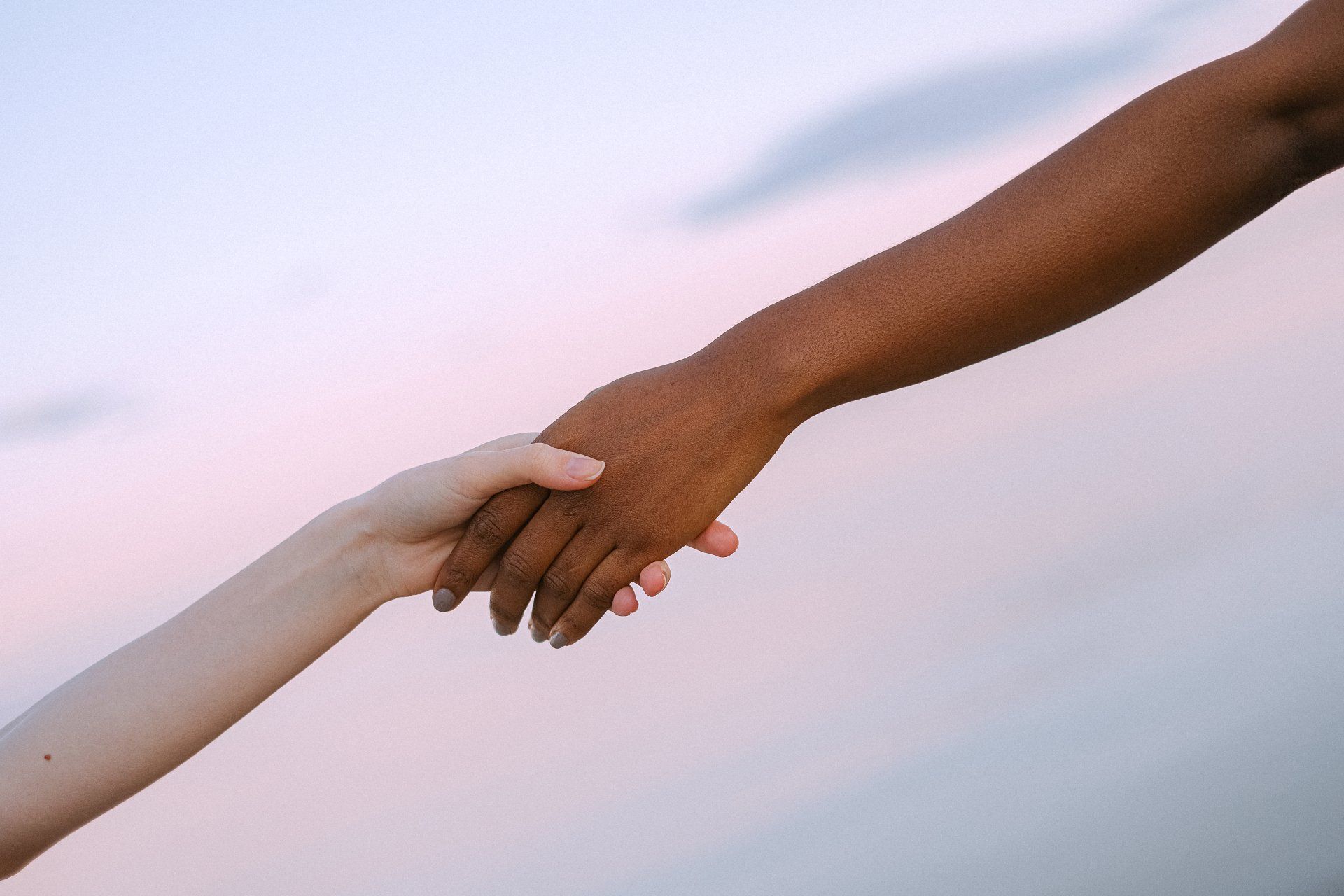I am grateful
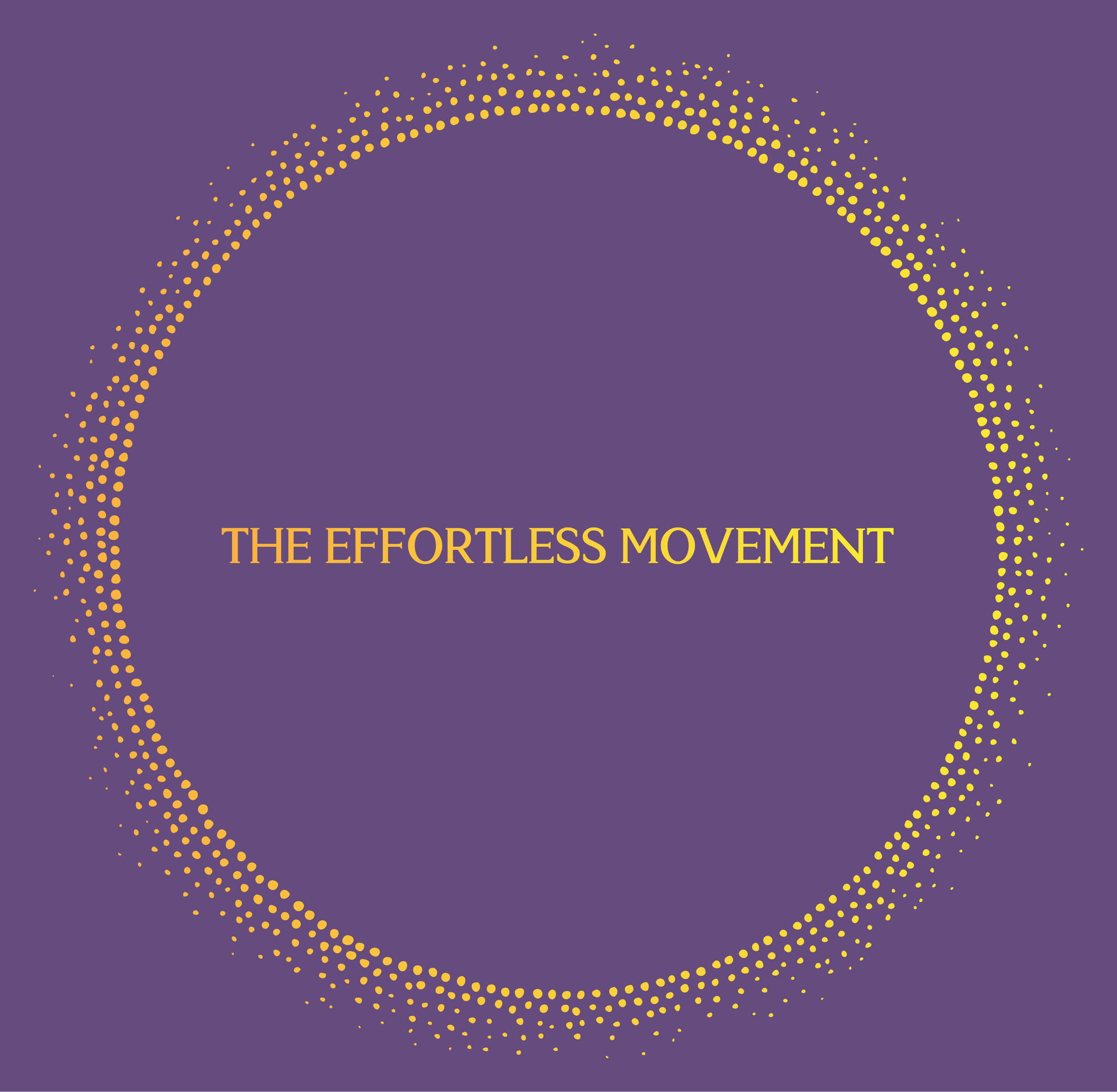
What does gratitude really mean?
What do you think of when asked, "What are you grateful for?"
Gratitude, as the name suggests, is about being thankful, having appreciation. Although it's not that you don't know what it means, it's often more that you don't know how to answer the question. Perhaps you're afraid of giving the wrong answer, or that someone will judge you based on your response. It may also be the case that when the question is asked, you even wonder: "Yes, what am I actually grateful for?" It can sometimes be quite difficult to describe what you're grateful for, especially if you don't regularly reflect on it.
In the past, when I was asked the question, I didn't know what to answer. I had no clue. I was one of those people who preferred to keep quiet, and if I did say something, it was usually something like: my children, my house, my car, my job, and so on. I couldn't describe well what I was grateful for. I never found it necessary because I had to keep going on and therefore stopping and thinking felt like a waste of time. But when asked if I was grateful, my answer was always, "Of course!"
Gratitude truly comes to life when you feel it, deep within. When you talk about it, it gives a certain tingling sensation, an indescribable urge to express it. Everyone experiences the feeling in their own way, which is why gratitude can be different for everyone. Although the way of feeling may vary, everyone feels something of gratitude, one perhaps more than the other. This is also influenced by whether the subject occupies your mind regularly or sporadically.
When I started writing, I knew it would be a difficult topic. However, it's even more challenging than I thought. Gratitude is difficult to put into words; it's indescribable. Nevertheless, I'm going to give it a try and share my experience.
Last year, I received a beautiful wake-up call that changed my life and mindset forever. It began with the question: "What are you grateful for?" At that time, I had no answer. I was in a situation where, at that moment, I felt grateful for nothing. I was burnt out and didn't know what was happening to me.
When I was asked the question, "Do you think you could ever be grateful for this experience in your life?" I literally said, "Why, I can't come out of this as I was before?" And what I didn't know then, but I know now, of course I wouldn't become like I was; that ship has sailed. I didn't understand how they could ask me that question; it hit me hard. Can't you see how I am feeling, I thought. How could I be grateful for something that had turned my life upside down and literally left me standing still?
By practicing gratitude daily in the beginning, I noticed that my perspective on situations began to change. It started with being grateful for the very small things, like: getting up, making my breakfast, watching TV, getting dressed, etc. Because the big things were still a step too far. Gradually, I gained more energy and could do more and more. This was the first step in seeing what effect gratitude already had on me. The assistance I received from my coach provided me with even more insights into what gratitude brought about. At the same time, through meditation, I went with the flow of life. I learned to accept, and ultimately be grateful for, that too. At some point, I also saw bigger things that I could be grateful for. After a few months, I returned to the question: "Can you be grateful for this period of reflection?" The answer was: "Yes, very grateful. I'm grateful that it happened to me." My view on life had changed; I looked at life with a different perspective. I realized that I could look at situations differently, where I could see what was important to me. I could enjoy moments with myself, not feeling alone anymore; now I look forward to being alone again from time to time. How beautiful is it when you can see what makes your life beautiful?
"If you always do what you always did, you will always get what you always got."
- Albert Einstein -
Gratitude for me now no longer lies in objects but in the subtle things. What I mean by that, it often sounds cliché when someone says: I'm grateful for the air, oxygen, sun, moon, nature, waking up in the morning. But that's where it starts. The realization that you are alive and not just existing, that was so important to me. This triggered me to think deeper about it. It's important to know that there's no right or wrong, and that you're free to say or think what you want, without judgment from yourself or others. In my opinion, gratitude comes from within, it actually comes from deep very deep within your bones. That's the feeling I get when I feel grateful: the joy, the love, my heart warming up, and so on.
How can you practice gratitude? In the beginning, it's useful to take a moment for yourself, so you can go on undisturbed. Some people like to do it in their minds, and others prefer to write it down. Again, there's no fixed method for this; do what feels right for you, as that has the most effect. Start by asking yourself internally, "What am I grateful for?" By asking the question internally multiple times, you trigger your awareness, and things will come to mind naturally. Don't be afraid to give in to it; mention everything that comes to mind, because there's no right or wrong. Set aside the necessary time for this, whatever feels right for you, whether it's 5, 10, or 15 minutes. After the time has elapsed, step out of it again, even if you don't come up with anything. If you practice this regularly, you'll notice that you can think of more and more, because you become aware of it throughout the day. You'll eventually feel more joy in things you do and be grateful throughout the day; it will happen naturally. It will also affect how things affect you, your reactions, and emotions. You'll notice that you have a milder view on situations, but also of how others behave. I'm not saying you'll never get angry again or never have arguments, but maybe they won't escalate as often. The question you'll ask yourself every time is: how important is it to me at that moment? This is how I experienced it; again, there's no standard for this, and everyone experiences it in their own way. The result is often joy, experiencing more love, and realizing what's present around you.
Do you want to experience gratitude? We're here to support you: The Effortless Movement.
